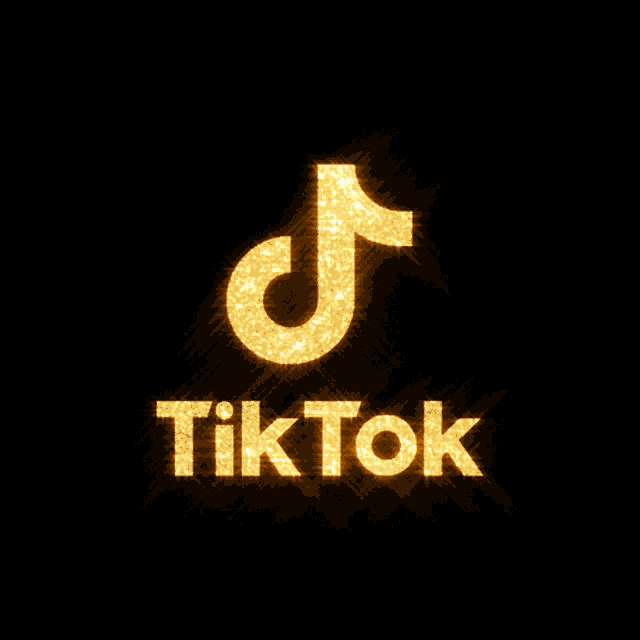
China has criticised the US government for “overreacting” after federal employees were ordered to uninstall the TikTok app from government-issued devices.
Recently, Canada joined the tide of states and regions in the US, the EU, and other countries that have banned government employees’ use of the TikTok app.
Suppose the US and Canadian governments are concerned about the threats of the Chinese-made app. In that case, Australia should be “looking at it very seriously as well,” according to Susan McLean, a cyber safety specialist from Australia.
“I think that if anyone actually knew the data that was being collated on them when they used it, how it was being used, and the fact that it can be fed back to the Chinese Communist Party, many people would simply walk away – but there is not a great understanding of that,” she said.
Meanwhile, civil liberties advocates are vociferously opposing a bill that would streamline the process to ban TikTok from the US and crack down on other China-related economic activity scheduled for a vote today in a powerful US House committee. They claim the proposal is unconstitutionally broad and threatens various online speech.
Under the International Emergency Economic Powers Act (IEEPA), the measure submitted on March 24 and fast-tracked by Foreign Affairs Committee Chairman Michael McCaul “would empower the Biden administration to impose a nationwide TikTok ban.”
TikTok and its parent company, ByteDance, are mentioned explicitly in the bill’s text. Suppose the administration determines that the companies may have knowingly transferred user data to “any foreign person” working for or influenced by the Chinese government. In that case, Joe Biden must impose penalties against them, up to and possibly including a ban.
Sanctions would also be imposed if the Biden administration discovered that the companies assisted the Chinese government in hacking, censorship, surveillance, and intelligence gathering.
As the international community grapples with this issue, one thing is sure: privacy and data security must remain a top priority for different governments and organisations worldwide.

More Stories
Killnet and AnonymousSudan Collaborate to Launch Cyber Attacks on Western Organisations
In recent news, it has been reported that two Russia-sympathetic hacktivist groups, Killnet and AnonymousSudan, have allegedly launched a series...
$4000 Gone In An Instant: Mother Defrauded in Facebook Marketplace Car Deal
A mother of four is warning others to be cautious after believing she had purchased a safe and dependable car...
Shocking Scam: Sydney Family Loses $200K Life-Savings in Suncorp Spoofing Fraud
A family from Sydney has lost their life savings worth $200,000 due to a fraudulent scam. Peter and Madison, who...
Mysterious Money Transfer Leaves Couple Speechless: How They Got an Unsolicited $4000
A young couple in Melbourne claims their bank is making up a personal loan they do not understand. Ashley and...
Phishing + AI + Voice Cloning= Big Trouble: The New Way Criminals are Stealing Your Money
New Alert: Criminals use AI and voice cloning to trick you out of your money. Earlier this year, Microsoft unveiled...
‘Impossible to Spot’ Delivery Scam Email Targets Australia Post Customers – Don’t Fall Victim!
Unsuspecting shoppers should be cautious as a parcel delivery scam that is hard to distinguish targets Australia Post customers. Email...


